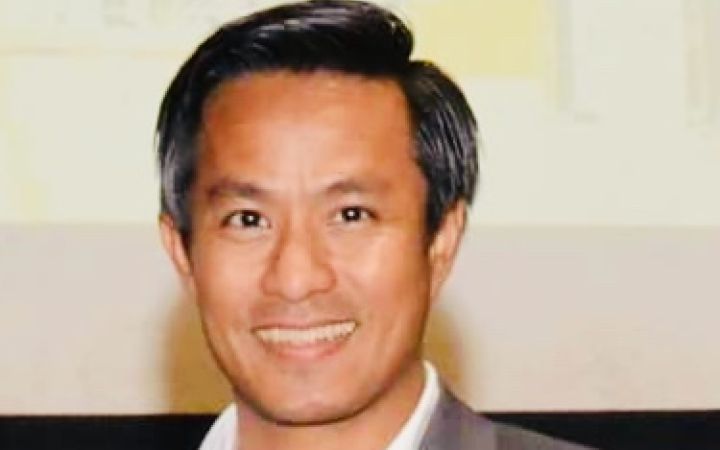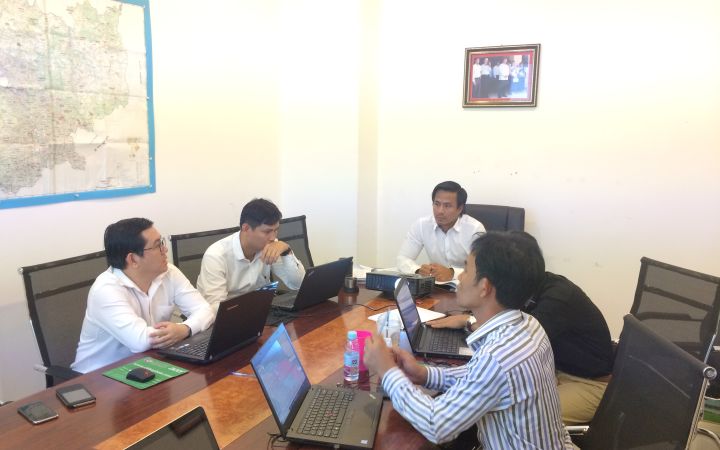Name: Laska Sophal
Organization: Ministry of Environment in Cambodia
Functional Title: Analyst
Country: Cambodia
Course participated in: MercuryLearn Course on Inventories
Laska Sophal completed his Master’s in Marine Environment in 2006 in Sweden before starting to work at the Ministry of Environment in Cambodia. He feels strongly about chemical waste management: “It is a passion of mine… I’ve been working on it for almost ten years.”
He took part in the MercuryLearn Course on Inventories from UNITAR’s Chemical Waste Management Programme. The course was developed in response to the growing interest of countries to develop mercury emissions inventories and the subsequent high demand for guidance and training on the topic. The online training platform assists users in developing a comprehensive inventory of mercury releases and emissions, using the standardized toolkit available from UN Environment (UNEP). It provides a standardized methodology and accompanying database enabling the development of consistent national and regional mercury inventories. The toolkit includes calculation spreadsheets and a reporting template to make the development of a mercury inventory as easy as possible.
Laska was recently tasked with updating the National Chemical Profile of Cambodia – the last time it was done was in 2008. The country wants to prepare an inventory for the Minamata Convention on Mercury, which aims to control the use and releases of mercury. The objective of the convention is to protect human health and the environment from anthropogenic emissions and releases of mercury and mercury compounds. Laska wasn’t familiar with the UNEP toolkit but was able to learn about it thanks to UNITAR’s course.
The participants of the course learnt how to collect appropriate information for their inventories and how to calculate mercury emissions from different sources. The accessible web-based platform is made up of online training modules, forums, a document repository, and links to other websites.
The workshop has enabled the Department of Hazardous Substance Management to identify all kinds of potential mercury emission sources and collect the relevant information:
“the course was very helpful for us, to calculate pollutants from landfills and other sources. We are really grateful that UNITAR has this course.”
Laska would recommend the course to his colleagues without hesitation and was even able to share the skills he learnt from the course with his co-workers. He encourages UNITAR to conduct more workshops: “I hope they keep doing it in the future, keep providing such courses to other countries who are needed to implement these projects.”



